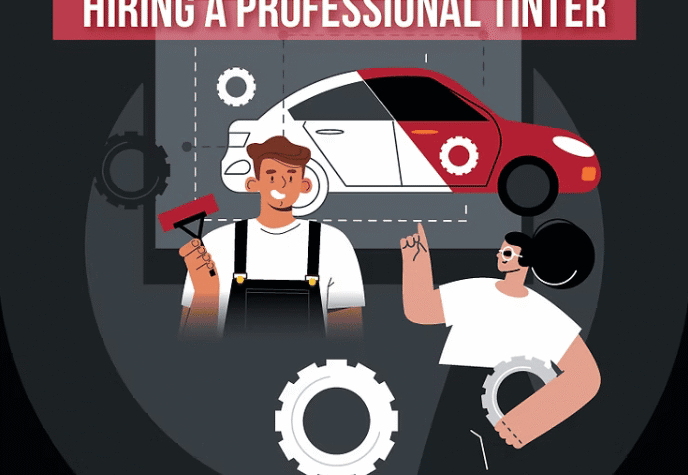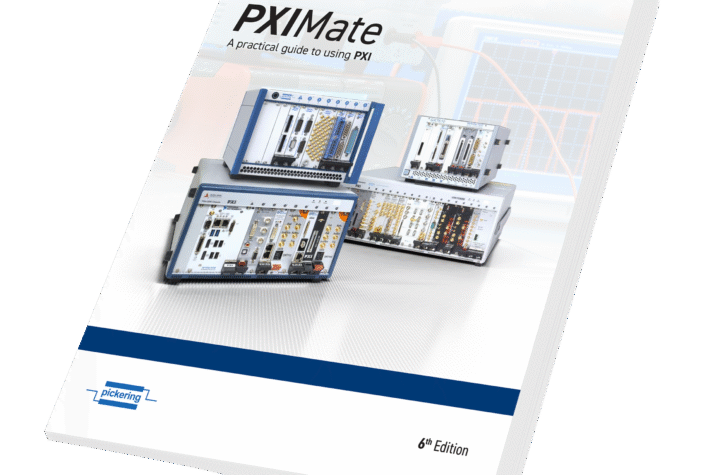
There is no room for complacency in the fast-moving motor industry, even if you have 100 years of innovation and market leadership behind your company.
This year BMW is in celebrating its 100th anniversary, and to mark the occasion, it is focusing on the future. “The company has continually evolved and, in some cases, reinvented itself. That will continue in the future,” Harald Krüger, Chairman of the Board of Management of BMW, is quoted as saying on the company website. While the BMW Vision Next 100 concept car is providing a glimpse into the future, customers are perhaps more interested in what is on the showroom floor today.
Automotive Industries (AI) asked BMW’s Head of Research and Development, Klaus Fröhlich what market BMW is targeting with the new M2.
Fröhlich: We are looking at what can best be described as an entry-level M car with a rear wheel drive platform, and with specific and distinctive positioning. By the way, the car is sensational. I really love it. The new model will rejuvenate the M range because M has become a little bit adult. I think this “alive and kicking” young kid on the block with an affordable price tag will provide a big boost to the M series. We’ve already had the first requests about delivery times, and we’ve extended our production capabilities in response.
AI: What options do you offer for powertrain, suspension and brakes?
Fröhlich: We have tried to minimize the complexity of the car. The main option that we have is on the powertrain side – the manual stick, of course. A lot of people want that. We have included the double-clutch transmission found on the M4. On the question of personalization it is up to the client, so that’s why we announced our M Performance products. We offer customization which includes a lot of carbon and a quite exciting and really loud exhaust system.
AI: What are your future plans for the M Division?
Fröhlich: We have two pillars in what I think is quite a good line-up, but we still have some missing points. We have more sedans than, for example, xDrive cars with permanent all-wheel drive. And the other segment which has big growth potential is the performance cars. They are really catching up in the market, and therefore we will continue with performance derivatives on the petrol and diesel side as with the launch of the 7 Series.
AI: What does the new M Performance TwinPower Turbo 12-cylinder petrol engine offer in terms of performance and efficiency?
Fröhlich: We are now in certification of 610 hp/441kW. Even in the US it will be 601 hp, with a top speed limited to 305kph (189 mph). The car can do more – around 40 km an hour faster. We found a balance. The car is still a very comfortable luxury vehicle car with a second row of seats. But, for sports driving we changed the steering and the suspension set-up. It goes from 0 to 100 km/h / 62 mph in 3.9 seconds and the fuel consumption is combined: 12.6 l/100 km (22.4 mpg imp) with CO2 emissions combined: 294 g/km.
AI: Hoes does your electrification strategy help with the transfer of technology from BMW i to the BMW core brand?
Fröhlich: With the i series we pioneered electric drive trends. What we have just produced is what we see internally as the third generation BMW electric drive. We’ve put it in the 2 Series Active Tourer, which is more or less the same concept as with the i8, followed by the X5, then the 3 Series and 5 Series – with an extended range in China and now the 7 Series. I think that the main driver for electrification will continue to simply be regulation, such as we have seen in China and the US. We will now transfer the technology. We have architectures that fit into the 7 series, so the market demand will define the growth.
AI: Where does the BMW iPerformance range stand in your current portfolio?
Fröhlich: Its positioning is similar to the M brand. We have the corporate BMW brand which stands for pleasure, dynamic, innovative and aesthetic driving experiences. Dynamic and innovative is easy so the M car has to be very, very pure. They should be able to enter races. At the other end a pure i car, like the i3 or i8 – or whatever name it gets – has to be at the leading edge of electric vehicle technology. At BMW there is always space for an intermediate model, and that is the role of iPerformance.
AI: How does the new BMW 7 Series plug-in hybrid benefit from the technology?
Fröhlich: All future plug-in hybrids are natural progression from the i8.
AI: What is the future of autonomous driving?
Fröhlich: I would say we would have to start with driver assistance systems. Our central clusters need scanners, and at the moment they are too expensive so we are developing them step by step. We will do this with more functions, adding more auto assistance. The challenge is to be able to drive in congested and anarchic traffic found in places like China and India. By 2030 at the latest we will be able to drive autonomously in Beijing.
If you look from the Google perspective, then you would want everything as soon as possible. For example, for Google the cost of the driver is the dominant cost for the business. From their perspective you don’t care what happens in Beijing or Japan if you have a system in service in America where the streets there are relatively empty and easy to drive.
You only have to learn a hundred crossings. So I think there will be two splits. There will be fully autonomous driving pilot projects very soon, but it will be 2030 before it becomes an option in the full portfolio of BMW vehicles. We have to be in the fast lane when it comes to the introduction of self-driving cars.
AI: What does the upcoming 100 years’ celebration mean for BMW?
Fröhlich: It will not mean that we look back. That is not the BMW way. There have been many radical changes in the first hundred years. The one thing that we’ve learned from history is that BMW can make changes, so we look forward to the next hundred years.












More Stories
Professional vs. DIY Tinting: What You Should Know
New updated edition of “PXIMate” reference guide for T&M engineers available from Pickering Interfaces
5 Mistakes That Can Ruin Your Car Accident Claim